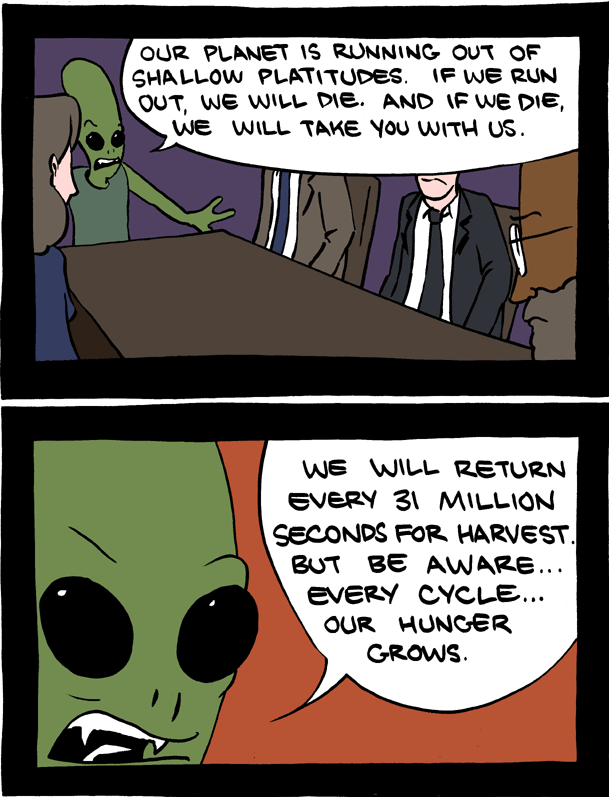Commenters on Mark's post about my remarks to the BBC about Briticisms asked if I really had it in for Briticisms in general, and in particular, what was I found so objectionable about "spot on." For the first, the answer is no; as I told Ms Hebblethwaite, some loans are quite useful, like "sell-by date" and "one-off." And I like "twee," with its evocation of Laura Ashley preciosity, though it seems to have lost some of those associations in its application to a genre of indie pop.
But there are others which add nothing more than the fact of their Englishness—what I think of as "motorcar" words. "I liked the funny bits"—what does that convey that "the funny parts" doesn't, other than to say that the speaker is familiar with how the English talk? And given that Anglicisms generally flow to us via a narrower pipe than the one that pours Americanisms into British speech, and one that with some exceptions tends to deposit its effluvia into the cultural upper stories, the practice often suggests a whiff of pretension. But with "spot on," there's something else going on. I don't think I would have called it ludicrous, as Ms H reports me as saying. But I might very well have said "awfully silly."
Read the rest of this entry »

